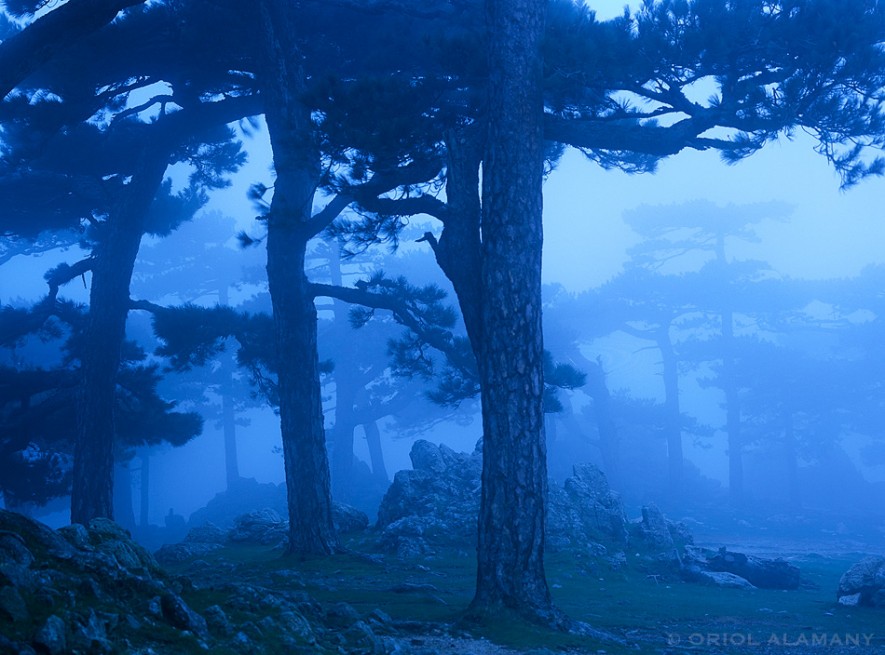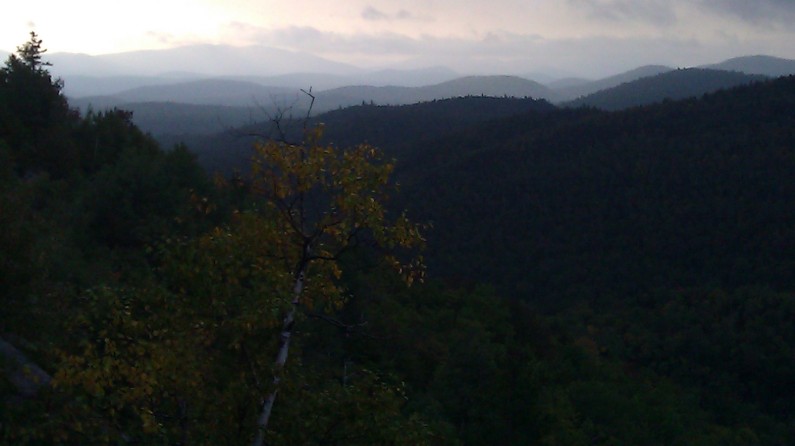For my cousin Caroline, who painted a violet and gave it to my mom, which painting has now passed on to me.
There is a house; you can see the siding and the peaks of the roof. There is an upper-story window in one of the gables. The light of the sky reflects off the glass, so what is inside there is not visible. The land is sloping away; it looks like the mountains. Clouds stroll through the park of blue sky and frame the window in the peak of the house as you look up at it.
Something good is going on up there. There is an engine of creativity, of delicate, difficult work running, balanced and smooth. The energy is bright and sourceless, or simply coalesces from some unknown, unlocatable. The work is the refined curve of the edge of a Violet petal, a smooth line of serrate cells, the smallest puff of life in cages of tenuous molecules that refract – violet! With what brush is this sweep of textured color applied?
When the house and the window dissolve, and the weed is rooted in the compact, stony soil where a kitchen table might have been, will we notice? In the spring, yes. The flock of it will be hard to miss. Will we recognize the small, planar leaf, the promise of miracle to come, when we stride by in the fat rain of a summer storm, while the hard rail of what we decide is important guides us by the neck, turning our head to accomplishment? Will we notice?
The clanking and grinding of the machinations of accomplishment let us know we are doing something. It isn’t the knowing that we’re after, exactly, but the assurance that we’re going about something, that we’re busy. This is the hood we put on to deafen us, to shield us from being rung, resonant with the replete is-ness of being here with all that is. Here is the gravel that made this once a driveway. Here is the orgasm of immeasurable space between mountains, gasping for more air. Here is the toe of your boot. Here is the window that doesn’t exist, nor the house. Here is the mind, taking delight in forging the message of the microscopic edge, hoping I’ll notice.





